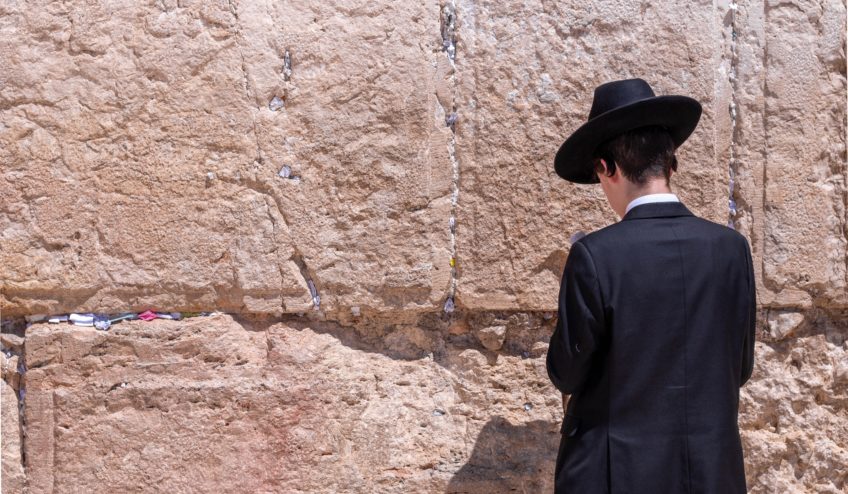I was trawling through the internet the other week looking for inspiration for my Netflix watchlist. Came across a few potentials – Living with Yourself (quirky comedy), Collateral (crime drama), History of Swear Words (documentary…cause really, haven’t you ever wondered how a particular combination of letters becomes so taboo??).
One particular show, however, caught my eye for some reason: Shtisel. Its plot lines are pretty familiar – forbidden romance, parent/offspring conflict, marriage woes etc. We’ve seen the like in Dallas / Melrose Place / Grey’s Anatomy, depending on your decade of choice. But instead of a Texan ranch / LA condo / Seattle hospital, it’s set in a hyper-traditional Orthodox Jewish (Haredim) household in Jerusalem…so traditional that its culture is foreign even to other Jews.
There are lots of reviews of the show out there describing the show’s universality and uniqueness, and they pretty much all praise its ability to depict both. It’s a culture most people have absolutely no clue about, and yet everyone watching the show can relate. It has managed to bridge the distance between the foreign and the familiar…in fact, it has made the foreign into the familiar.
One of the reviews contains an absolutely brilliant quote from Dr. Mary C. Boys, vice president of academic affairs at Union Theological Seminary:
“One of the most important things we can do is engage in fiction or nonfiction that complicates our understanding of the other, whoever the other is.” *
I just love that. Complicating our understanding of “the other”. In other words, building a more complex view of the other. At one point, the term “Hasidic Jew” would have simply brought up for me an image of black hat, wiggy curls and dense beardage…maybe some spectacles as well.
But I have a feeling that after watching even one episode, I won’t be thinking of an image, but of a person. A person with passions and frustrations, someone who alternately loves and despises his relations. Someone who struggles to understand himself, let alone those around him. Less “other” and more like me.
A TV show that can do that is worth watching in my book. In a world that is seemingly more and more fractured along various lines of division – race, gender, faith, politics – anything that engenders understanding leading to empathy and connection should be embraced. The notion of “other” has disrupted and dissolved community since the very beginning. For in a way, isn’t that what happened in the garden long ago? That moment when humanity saw itself apart from God. When God became someone to mistrust, someone who didn’t have your best interests at heart, someone not on your side…when God became the other.
The parable of the good Samaritan all started with a question…who is my neighbour? In Jesus’ eyes, there really is no “other”. He lived and died for all, he loved and served all. And his commission to us is to do the same.
* Berger, Joseph. “Netflix’s ‘Shtisel’ Is Binge-Worthy TV on a Strict Form of Judaism.” The New York Times, February 21, 2019.
Theme photo by Joshua Sukoff on Unsplash


One Response to “The Other”
Marie
Hey Peggy – I love this blog especially how you have woven your Netflix review into the issue of “the other” and the unity thinking of Jesus – you really bring out how Jesus when he included those on the “edge” – the edge vanished and behold oneness!! Thanks a mil, Marie